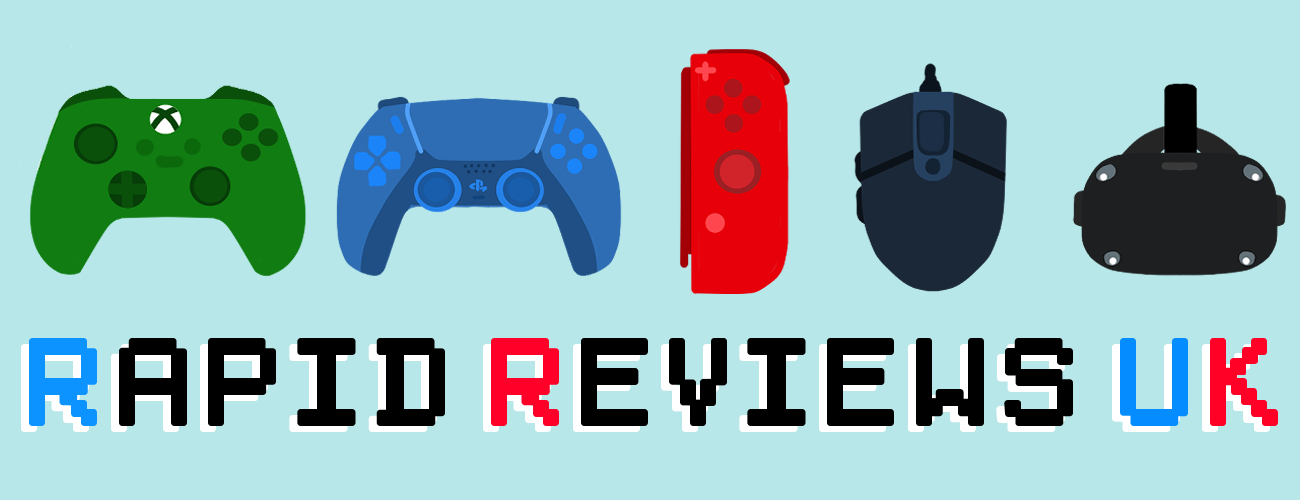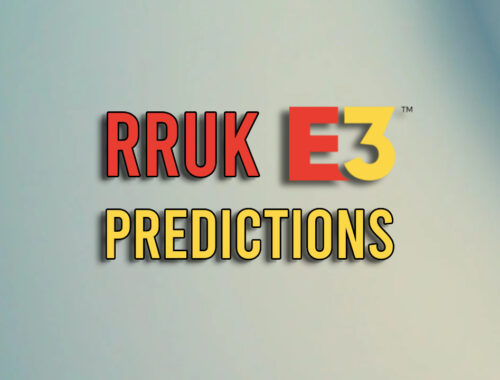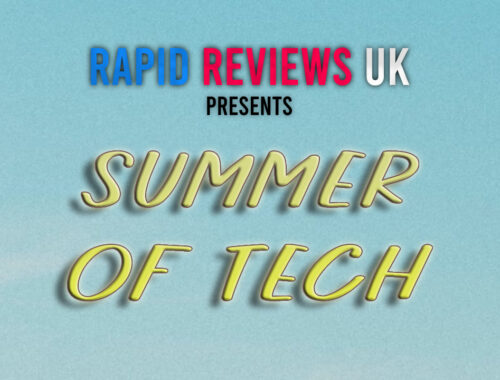The Indie Corner Spotlight – Eastworks
After a little break, I am pleased to announce the return of one of our much-loved features on the site, The Indie Corner Spotlight Interview.
Stepping into the spotlight this week is Rudolf Staruch who is the founder of Eastworks and the producer of their upcoming game, Gray Zone.
How long have you been a developer?
I’ve been in game development for 18 years now. My first job was at Cypronia Studio as a character artist, I was there for almost 5 years and it was a great time.
The first title where I took part in the development was Gods: Land of Infinity. I was involved in the whole art production process there including character artist/level designer etc.

My next job was at Game Farm, a company based in Košice, on the title Kult: Heretic Kindom 2 (I don’t believe that was the final published name). I spent a year there working as a character artist but unfortunately, the project was never completed but I liked my time working on it a lot.
After that, I married and settled down in Košice with my family. So I established EastWorks, at first focusing mainly on outsourcing in videogames.
How many years has your team been developing games?
EastWorks was established in 2011. So our team has been developing videogames (art production) for the past 10 years. We’ve worked on more than 35 titles. Our most recent projects were Hitman 2, Vigor, Arma 3: Apex, Mafia3, Murdered: Soul Suspect, Enemy Front and many more. Four years ago I started development on our first game called Gray Zone. The first two years were spent prototyping, learning, and researching.
Who, or what, inspired you to become a games developer?
I think I was inspired by playing the games themselves, more than two decades ago when I played titles like Warcraft, Starcraft, Pharaoh, Silent Hunter, Half-Life and so on.
What was the inspiration for your team’s name?
Czechoslovakia, respectively Slovakia, was for almost 40 years a satellite of the USSR in the Eastern Block, so the name and original logo of the company referred to these times and mainly the powerful and effective industry, which was also known in Eastern Slovakia. Even our first company website was designed in this spirit, but we’ve already modernized its look.
Describe a usual day in the life of an Indie Development Team.
Work, work, work. I’m mostly joking! Of course, an indie studio is limited by a lower budget than the giant gaming corporations, but above all, it’s based on individualities and their individual work, which is coordinated and performed as efficiently and effectively as possible.

We spend time with the team not only working, but also daily consultations and debates, or even having lunch together, occasionally reading comics for inspiration.
Can you describe the process/timeline of developing a game?
The game development process, as with any frontier media, is not so different from, for example, film making. From the idea itself, the research, the early concepts of graphics, gameplay, continuing to the design of the game itself and the levels it contains, to thorough testing and finally to a pre-release advertising campaign and issuing of the game.
Regarding our new game Gray Zone: we’ve made the functional core of the game, wide playable content, dubbing, comic cut-scenes, dialogues, music, sound, and other effects included. Also, almost a quarter of the intended content of the entire game is done so far, which was our early-access goal.

The development of the overall game is expected to end in late 2023, which also depends on how the game will be received by journalists and the gaming community and whether we will be able to expand our team.
How do you juggle all of the aspects of games development?
The basis for balancing the overall game is its testing – both in-house, using experienced players and also testing the game through both professionals and the general public at game-events. Every single piece of feedback helps us tune the game.
What is your ambition as an Indie Developer?
The goal is clear – to do our best. So that we, as well as the end-user, will be happy.
What advice would you give to someone who wants to get into the games industry?
Maybe game development is not for everyone, but anyone who is determined to do it should know that it’s a full-time job and a marathon, not a sprint!
Where do you see gaming heading in the next decade?
In my opinion, for the next 10 years, nothing will change dramatically. The market will still be dominated by AAA titles, but indie games will not disappear. However, what may be lost is the medium-budget video games.

I’d like to thank Rudolf for giving up his precious time to take part in the Indie Corner Spotlight Interview. If you, or your team, would like to feature, please get in touch.




